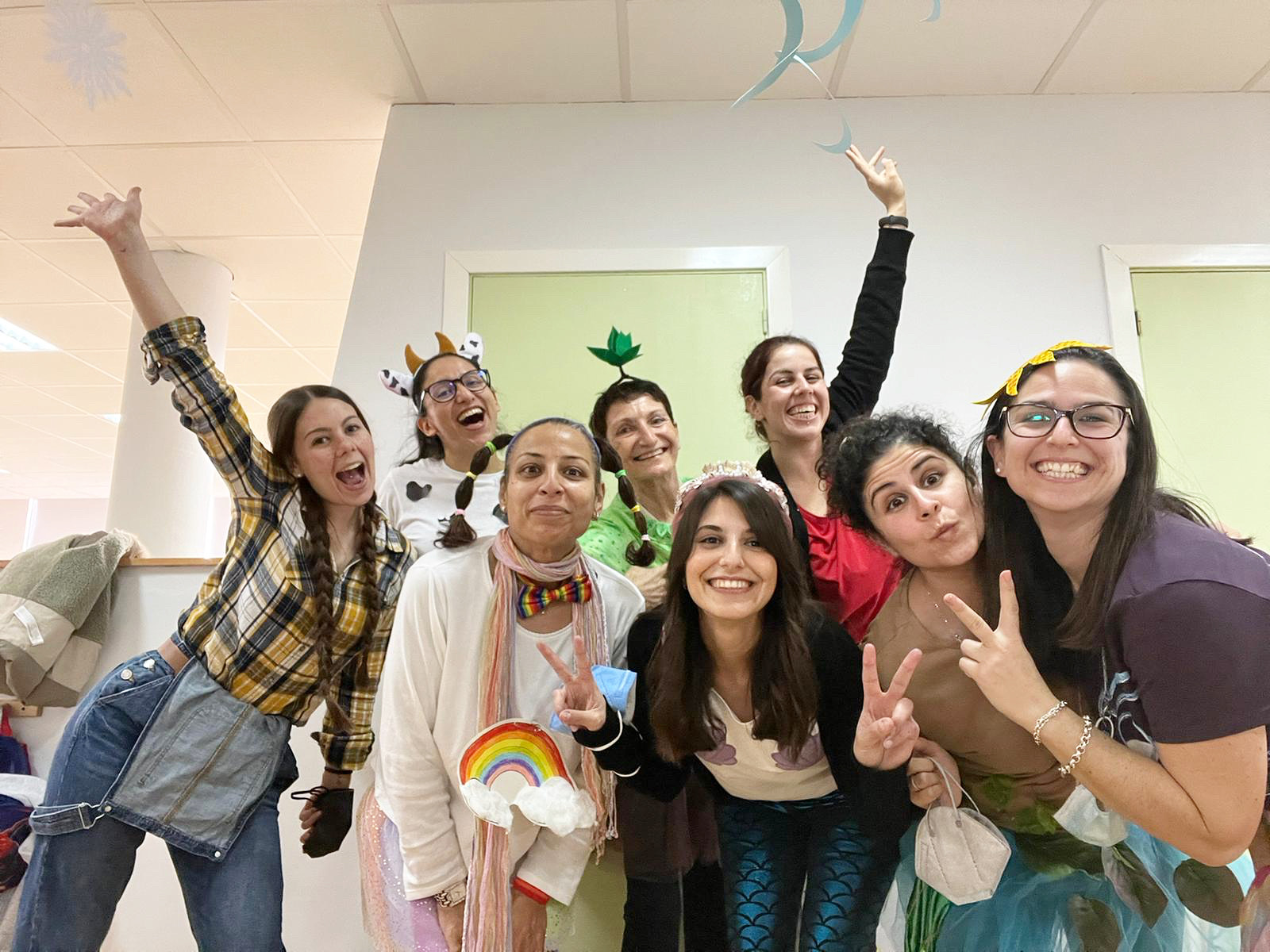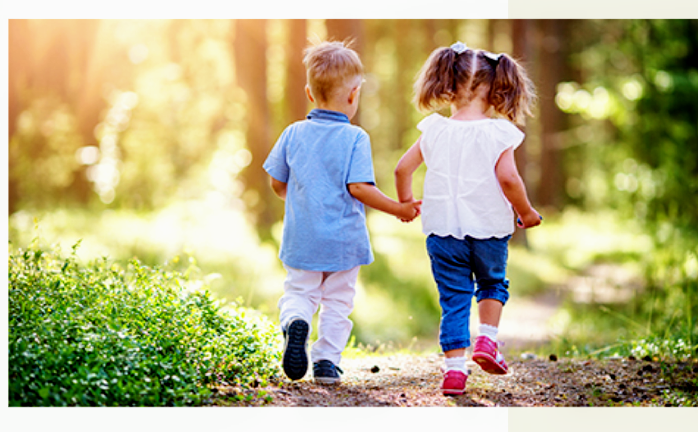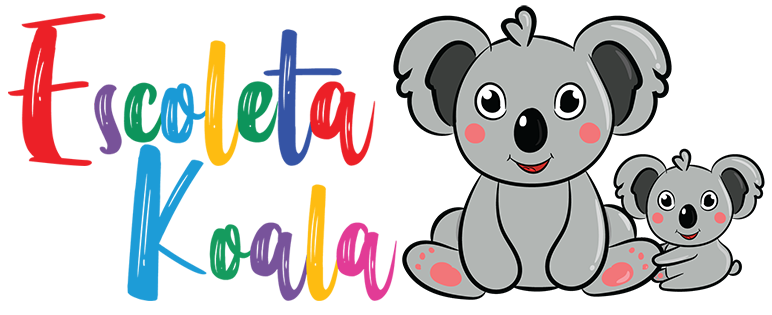About us and our educational project
In Escoleta koala we work in a family atmosphere , where the most important thing is the close and affectionate treatment with our koalas and their families.
Our methodology is based on the Montessori educational model. This model is characterized by placing emphasis on child-directed activity and clinical observation by the teacher, adapting the child’s learning environment to their developmental level. The activities are adapted based on the rhythm of each child and the methods we use are designed to stimulate creativity and children’s thinking, encouraging children to autonomously discover their environment and assimilate knowledge on their own.
The Escoleta Koala team is made up of qualified personnel with experience in the care and education of children. The girls feel a great vocation and are aware of the little ones at all times, they will answer your questions personally and daily.
Our greatest interest is that children feel safe and above all, loved, so that they can achieve the necessary self-esteem, to grow and develop in our society. We dedicate all our training and, above all, a lot of love to make it happen.

Educational project

Our goal is the comprehensive education of the child, for this reason, both scheduled activities and daily situations at school, such as sleep, hygiene, food, also have a clear didactic intention. Well, the objective of these situations is to meet their basic needs, and at the same time, convert these physiological needs that are so present in the day to day of the school, also in an educational moment.
The activities are experiential so that they themselves learn, actively, from their own experience and through contact with the materials that we are proposing, with a clear didactic intention.
In our school we give fundamental importance to playful activity, since play is the means of learning for children at this age. The game helps them discover the world around them. The game performs a great variety of functions especially in the development of the child on an emotional, physical, mental and social level.
The activity focuses on imagination and imitation. It will turn the imaginary into real (symbolic play) and interpret it as you would like it to be. The emotional character of the game is of vital importance in the development of the child.
Through play, we work on reasoning, memory, creativity, coexistence with others, learning to share and communicate with others.
The optimization of the child’s development, through early education, supposes the need to seek forms of organization and direction of all their activities, encouraging them to stimulate their potentialities to the maximum, and to guarantee their health.
Evolution and development of a Koalite
How will your Koalita evolve with us?
The first years of life are crucial for the later development of the child since their dependence and brain plasticity, typical of this stage, require a socio-stimulating and affective environment that allows them both to satisfy their needs and to develop their abilities to the maximum. capabilities. Therefore, in Koala, we believe it is essential for parents and educators to know the different stages that boys and girls go through, in order to adapt their performance to the evolutionary peculiarities of each child and considering that each one presents a different pace of progress depending on your possibilities and personal and social situation.
The adaptation to our escoleta
The main thing is to make an adaptation, where our little ones feel safe and confident. Therefore, we believe that it is essential that families are part of this important process. The first contact should be made with a family reference, so that the boys and girls can develop a positive attitude towards the schoolboy. Little by little, they adapt to the center, with the help of families and educators, until they accept that they also have to share part of their day with us. This process can be complex, but with a lot of love and patience you can make them feel at home.
On the other hand, it is worth mentioning that the escoleta actively encourages the participation of families in the education of their children, so that the doors of the center and the classrooms are always open. For this reason, we also hold workshops to promote family-school work and talks on educational issues to help families resolve any questions.
Homemade and healthy food
As for food, we have homemade and healthy food and the menus are made by child nutrition professionals.
During the first year, families bring food from home. With this, we avoid any type of allergy and reactions to new foods and also, the child recognizes familiar flavors, which creates a climate of trust when eating.
After this time, a small adaptation of the escoleta’s food is made, where the introduction of a variety of foods and solids, appropriate to the age, begins.
Staged development
During this stage, free movement is encouraged. The baby has the freedom to move around the classroom and manipulate the different materials that are within reach. In addition, they begin to exercise their legs and get up with the help of classroom objects, thus creating a security and autonomy to be able to take their first steps and be able to start a new adventure.
Throughout this stage, the child gradually expands his limits and his field of action, actively discovering the environment. He starts and strengthens the march, allowing him to have a new vision of the world around him, as well as a certain sense of dominance. These motor acquisitions, at the same time allow him a greater development in other areas, since the child makes a discovery of new situations by experimentation, becoming an active agent that is learning through trial and error. Free movement is still used during this stage, adapting to the age and characteristics of each one. With the methodology we work with, self-taught learning is encouraged, for which they have different materials proposed in the classroom and it is they who decide what they want to do at all times, having the educator as a guide that accompanies them throughout this process.
In this stage, children acquire greater independence as they grow older. We consider it as important as the other stages, but we think it is the most key to be able to enhance their autonomy. For this reason we have to adapt the classroom again so that they can do things for themselves. The toys have to be separated each one by its type in different corners and at a low height that allows them easy access. As in all other ages , self-taught learning is still emphasized during this process, always having a reference at his side.
During this process, the perfection of motor development stands out, where they learn to know their body and interact with the environment and its sensations. Cognitive development, where they discover, know, observe and explore the reality that surrounds them and thus, they progressively build their knowledge. Affective-social development, where they have just reinforced their emotional ties with their environment, enhancing their self-esteem and social skills. And finally, the development of language, where they are initiated in the different forms of communication and expression and in the recognition of a social and natural environment, in addition to developing a positive and balanced image of themselves and acquiring basic habits of coexistence. and autonomous behavior.
